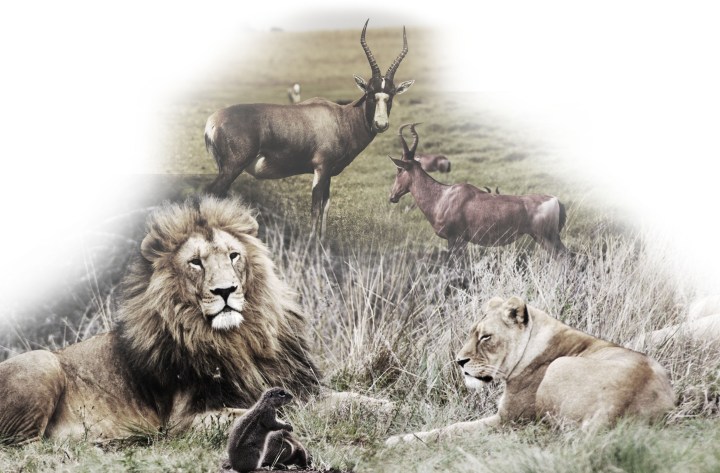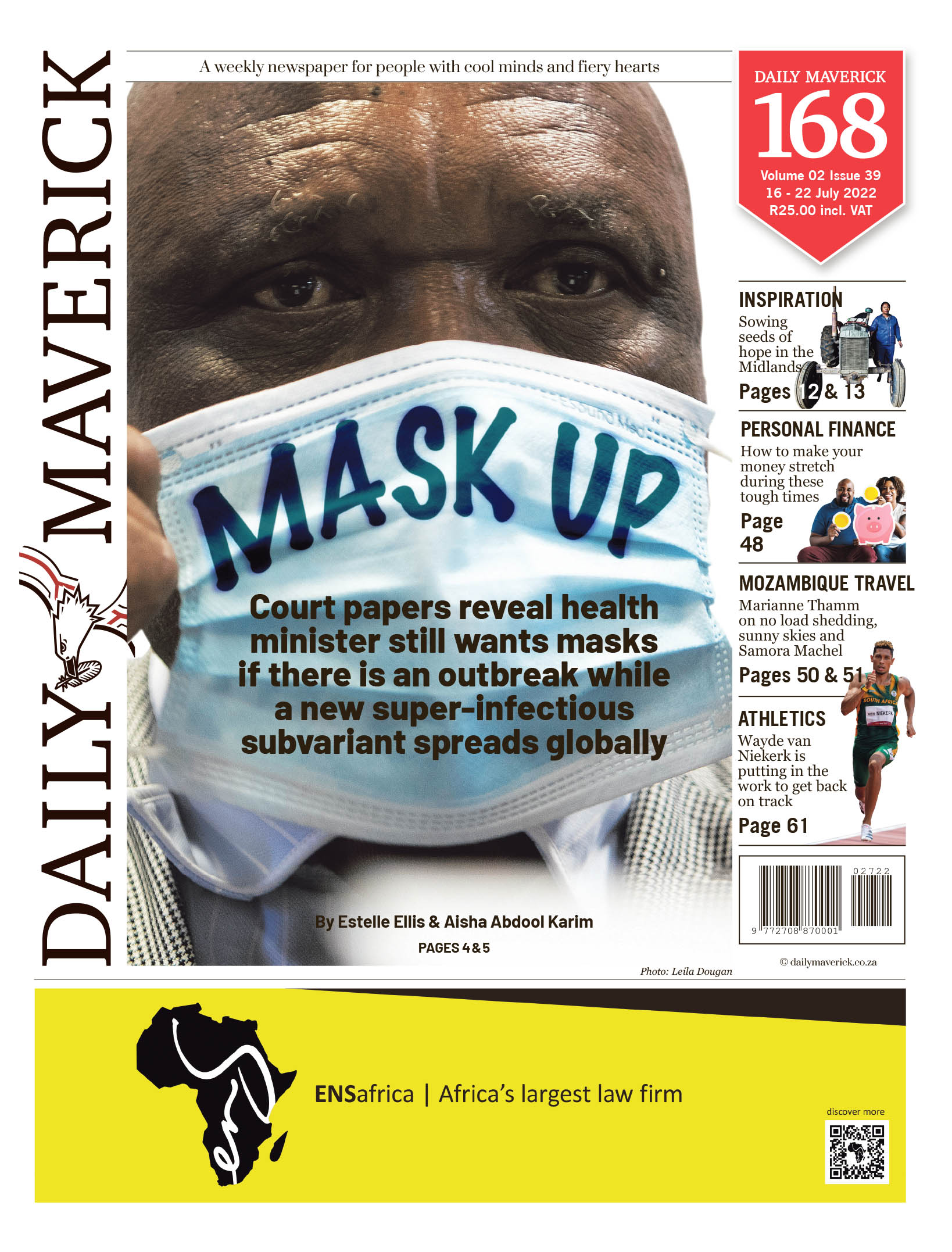ACID TEST
Krugersdorp’s water poses toxic threat to people and wildlife – study

Researchers have found high concentrations of six potentially harmful elements in samples collected from bodies of water around the area’s mines – and the Krugersdorp Game Reserve.
Potentially harmful elements have amassed in bodies of water in the Krugersdorp area, which could pose a threat to humans and animals alike, a new study has found.
The elements found in the groundwater and surface water of the region, where Mintails Mogale Gold and Rand Uranium have large-scale gold-mining operations, are known to induce organ damage, even at minimal exposure.
The study by researchers from the Mangosuthu University of Technology and the Council for Geosciences, titled “Determination of Potentially Harmful Element (PHE) Distribution in Water Bodies in Krugersdorp, a Mining City in the West Rand, Gauteng”, found heavy metals such as cadmium, chromium, lead, mercury and metalloid arsenic in the water.
It concluded that these elements have been accumulating over years in the surrounding water bodies and are of concern to public health.
Water samples found the concentrations of elements such as chromium, a naturally occurring element in the environment, to be well above the regulations set by the World Health Organization (WHO). Cobalt levels were also found to be three times over concentrations allowed by the WHO.
Less than a kilometre from the mines is the Krugersdorp Game Reserve, a popular tourist attraction and home to a variety of more than 200 bird species as well as wildlife such as lions, zebras, hippos, gemsbok, antelope and giraffe.
The reserve’s animals and the almost 400,000 people who live in Krugersdorp are being exposed to heavy metals that have been found to have carcinogenic (cancerous) and mutagenic (increased DNA mutations) effects.
Read in Daily Maverick: “South Africa’s rivers of sewage: More than half of SA’s treatment works are failing”
Heart and lung function can be affected and chronic exposure can lead to rare skin conditions and other “body disorders”, the study says.
More acidic
South Africans’ limited access to clean water was cited in the study as one of the reasons residents of Krugersdorp have been exposed to heavy metals.
“As a developing country, [South Africa] still has a large population of rural and low-income communities, which are largely dependent on groundwater for essential daily activities, such as drinking, cooking, washing clothes and crop irrigation. Chronic exposure to heavy metals can result in a range of health issues,” the study said.
The Tweelopiespruit Catchment Area, located just outside Rand Uranium’s property but within the game reserve, is the water source animals drink from and one many residents rely on for water.
Read in Daily Maverick: “Acid water trail of death reignites concern over South Africa’s abandoned coal and gold mines”
Through acid mine drainage from the activities at the surrounding mines, the water has become more acidic and has caused minerals to further disintegrate. These harmful elements have been released into the water.
“As soon as the water has reached toxic levels of PHEs [potentially harmful elements] and acidity, it is already a threat to humans who drink and use water from the surrounding water sources,” Dr Maryam Amra Jordaan, one of the authors, told DM168.
Even at low levels of exposure, these metallic elements can cause organ damage to both humans and animals, Jordaan said.
The “high acidity and high concentration of PHEs” were harmful to vegetation, she added.
Read in Daily Maverick: “How safe is your tap water?”
Gauteng authorities have proposed that Krugersdorp be an agricultural hub because “land capability” is “moderate to good”. The research study, however, found that the potential for this is low.
“Remnants of native vegetation, shrubby and thorn-tree species, occur mainly on hilly ground where there has been no disturbance from mining, urbanisation or clearing for cultivation,” the study found.
According to Jordaan, the authors were not aware of any measures to improve the water quality in the region other than efforts to neutralise the acidity through lime material. But this only neutralises the acidity caused by acid mine drainage and does not address the remaining elements in the water.
Read in Daily Maverick: “‘Mammoth effort’ and R8-billion needed to clean up SA’s stinking sewage and wastewater crisis”
“Other remediation technologies to remove the heavy metals from the water are still required, such as adsorption over biomass-derived biosorbents which has provided the capability to treat wastewater on a large scale,” Jordaan said.
In 2010, the then Department of Water Affairs and Gauteng mining companies formed a task team on mine closure and water management to address acid mine drainage.
The task team’s meetings concluded, among other measures, that new infrastructure be developed to facilitate the collection and treatment of mine water, that a central point be set for mine water collection and conveyance, and that mine water be treated to address the acidity.
With the results of the study concluding that the outcomes of the task team still need to be carried out, the team’s efforts seem to have fallen flat.
“For us, it was just a scientific study, and we are not aware of any other efforts to improve the water quality,” Jordaan said. DM168
This story first appeared in our weekly Daily Maverick 168 newspaper, which is available countrywide for R25.

[hearken id=”daily-maverick/9419″]





















 Become an Insider
Become an Insider
Comments - Please login in order to comment.